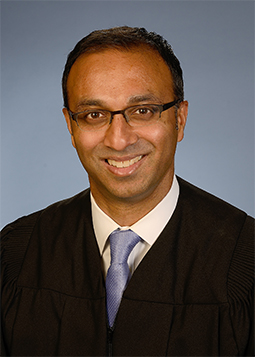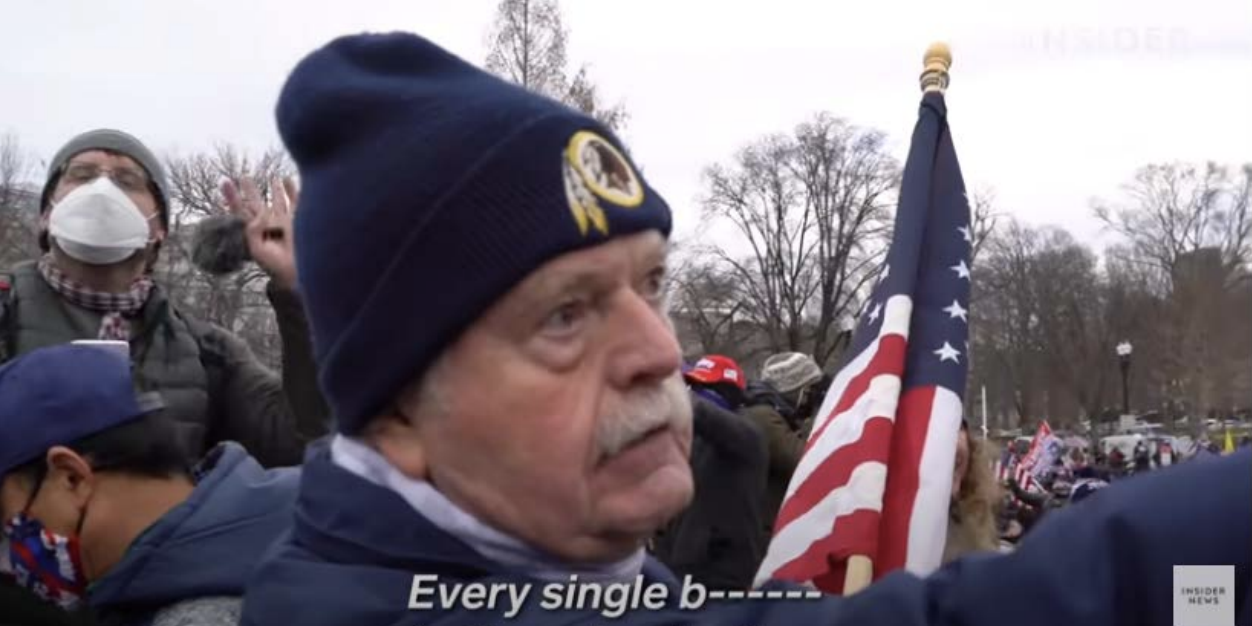DOJ Gets Closer to Arguing Terrorizing Congress Amounts to Obstruction
In August, I wrote about how one of Brady Knowlton’s lawyers got up to claim that because there could be no miscarriage of justice in the January 6 vote certification, his client could not have obstructed it under the statute DOJ is using to charge the more serious January 6 perpetrators, 18 USC 1512. I noted that the lawyer, Brent Mayr, was actually suggesting that Joe Biden and the 81 million voters who voted for him would suffer no injury if Biden’s vote certification had never taken place.
Up until that moment, the hearing before Judge Randolph Moss was an admittedly close question. Knowlton’s other lawyer made a robust argument that vote certifications weren’t the kind of official proceeding that could be obstructed. And AUSA John Pearse focused on the word “corruptly” distinguishing other First Amendment protected activities, such as those who protested the Brett Kavanaugh hearing, from those who stormed the Capitol.
Something similar just happened in the Oath Keeper case. After David Fischer made the same argument that Knowlton’s lawyers made — that this was not an official proceeding, to much skepticism from Judge Amit Mehta — Carmen Hernandez got up to argue that her client could not have known that he would risk a 20 year sentence for forcing his way into the Capitol as part of a stack.
Before I explain what happened next, four details are worth noting. First, Hernandez is, in my opinion, a smart and passionate lawyer. Her briefs on this case (surely helped by other public defenders, as they have so many clients facing this charge) were probably the most cogent I’ve read, and I’ve read virtually all of these challenges. That said, Hernandez submitted a 30-page brief, this morning which (Judge Mehta made a point of telling her) he had read by the time of the 2PM hearing. Also, she interrupted Mehta several times. Those things really pissed him off. Finally, of all the Oath Keepers, I think Donovan Crowl may have the best argument that he did not willfully enter into a conspiracy and did not intend to interrupt the vote count. That is, I think Crowl might beat the obstruction charge Hernandez was challenging in court, even if his co-defendants might not, but that’s an evidentiary issue, not a constitutional one.
Still, it was a robust argument. Hernandez made as good a First Amendment argument as has been made about this, that this was just about influence Congress. “Influencing Congress, going to Congress and shouting and making a fool of yourself? That’s what Americans do.”
Mehta challenged prosecutor Jeffrey Nestler why under Yates v. US, in which SCOTUS ruled that destroying fish to avoid prosecution for catching undersized fish was not tantamount to obstruction for a statute envisioning the destruction of documents, this kind of obstruction is not obviously obstruction.
Nestler also made a point that hasn’t been made enough by DOJ — one I noted in my post on Knowlton’s challenge. To argue that the rioters obstructed justice, rather than Trump or those who orchestrated the mobs, you really need to argue that it’s a kind of witness tampering, an attempt to terrify members of Congress not just to flee, but also to vote against the lawful winner of the election. There is abundant evidence that not only occurred on the day of the vote certification, but that the terror of the event led some Republicans to vote against impeachment. This is a classic case of witness tampering, a case where Congress was held hostage in an attempt to terrify them to not do their jobs. And it nearly succeeded. And the after effects remain.
So Nestler argued that the object of the conspiracy was to scare Congress to stop the proceedings. Judge Mehta rightly responded, “Where do I look in the indictment for that?”
But like the Moss hearing, this one ended up with a hypothetical. If someone burst into his courtroom with the specific intention of preventing these proceedings from taking place, Judge Mehta asked Hernandez, would that amount to obstruction. Yes, she responded, resorting immediately to the far weaker argument that Fischer had tried to make, that the vote certification is not an official proceeding.
That may ultimately be the hook on which Mehta starts to unravel this question.
Whatever happens, that will not be the end of this question, because until DOJ makes a much stronger argument, both about how the terror was designed to function here and what distinguishes not only January 6 defendants from Kavanaugh protestors, but also the January 6 obstruction defendants from those charged with parading, judges will continue to face this difficult question. And at some point, a defense attorney will avoid providing the judge the obvious way to answer the question.


